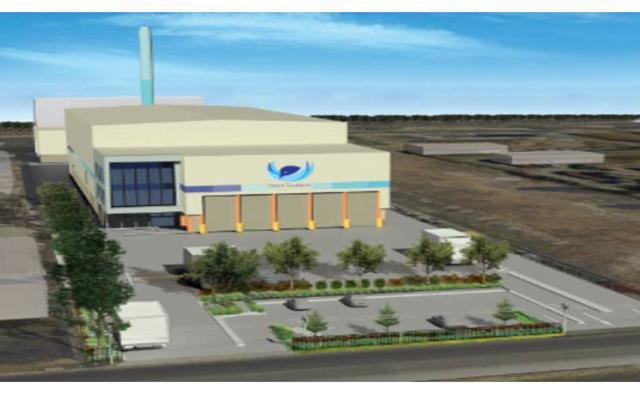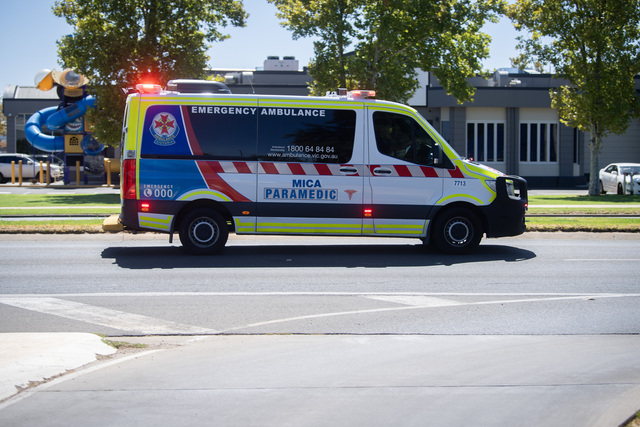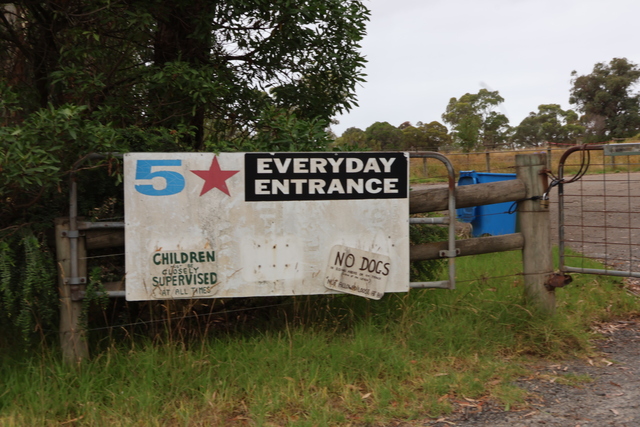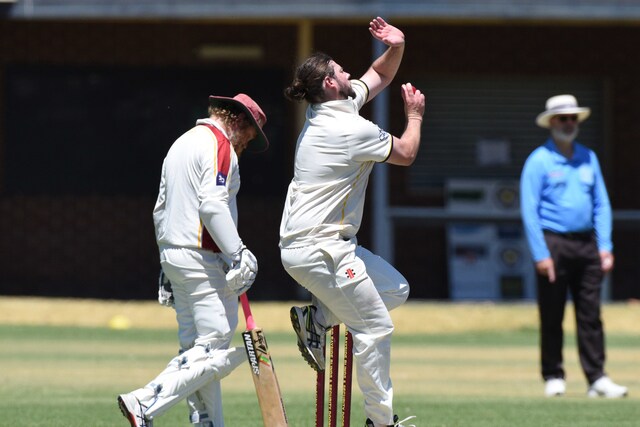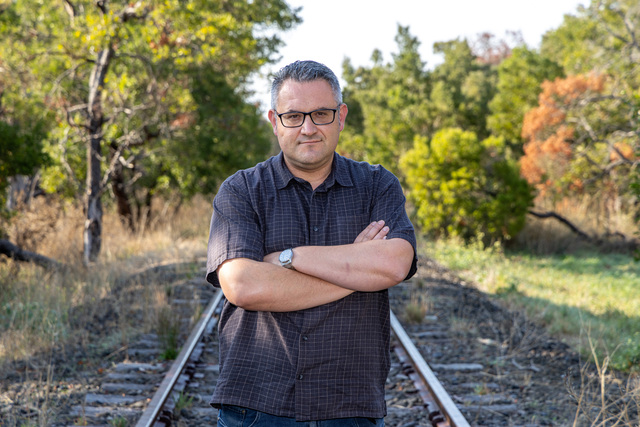A gifted mathematician from Dandenong has been crunching numbers for world-leading research on Covid-19 vaccines in the UK.
Dr Steven Kerr, formerly at Greenslopes Primary, Wooranna Park Primary and Lyndale Secondary College, is part of Edinburgh University’s highly influential EAVE II program of clinical experts and statisticians.
He deals with the “maths and coding side of things”, he says.
Dr Kerr was the lead author on a study of the incidence of dangerous brain blood clots in AstraZeneca recipients.
He and his colleagues crunched the data on the world’s first mass population survey – 11.2 million people in the UK – on the issue.
The paper stated that the risk of the blood clotting – cerebral venous sinus thrombosis (CVST) – was increased, but still rare.
“It’s the most important research that I’ve ever done,” says the former quantum-gravity researcher.
“It’s kind of weird – I wasn’t looking to get into epidemiology until a year ago.”
He’d thought he was finished with academia until he saw an ad for statisticians to work on EAVE II.
“It sounded interesting, it was something I could do and it could have tangible real world benefits.”
EAVE II – Early Pandemic Evaluation and Enhanced Surveillance of COVID-19 – has influenced governments’ responses to the pandemic across the world.
It was among the first to conclusively show Pfizer and AstraZeneca had reduced Covid hospitalisations.
It has also been tracking the two vaccines’ significant “waning” effectiveness after 60-80 days, the impacts of ‘long Covid’ and analysing the latest BA2 Omicron variant.
They also found fully vaccinated patients who suffered “breakthrough” Covid infections were mainly the immunocompromised.
Dr Kerr said the university’s “seminal” research was due to its extraordinary, real-time access to 5 million Scottish residents’ medical records due to the health emergency.
Strict data security and privacy protocols are in force, he says.
In December, researchers reacted swiftly to the emergence of Covid’s Omicron variant as the dominant strain in the UK.
They found it was significantly less likely to cause hospitalisations and deaths than the Delta strain.
And that ‘booster doses’ offered only some short-lived protection against Omicron.
Early results indicate that the latest Omicron strain BA2 is even less dangerous again, though among the “most infectious viruses that we have encountered”.
Dr Kerr holds PhDs in quantum gravity physics and economics. He works three jobs including as a private-sector data scientist who looks at “machine learning”.
In contrast to Covid research, his quantum gravity studies bear no real-world consequences, he says.
“It’s too far beyond anything we have access to or that is relevant to us – even technologically. Which as a down-side.
Dr Kerr was raised in Dandenong until he, his siblings and Scottish-born parents moved to Scotland when he was 13.
While in Dandenong, he and his brother Stewart were part of the gifted students’ program at Lyndale Secondary College.
“Even when I was in primary school, I was interested in physics – which is strange for a kid of that age.
“I got a hand from my sister who gave me her high-school textbooks when I was at Wooranna Park.”
Ever-curious, there was a brief flirtation with literature in his secondary college years. And he ventured into economics because he had some interesting ideas.
“There’s always interesting questions to answer.
“My approach to solving them is mathematical in nature – or by coding and analysis.”




